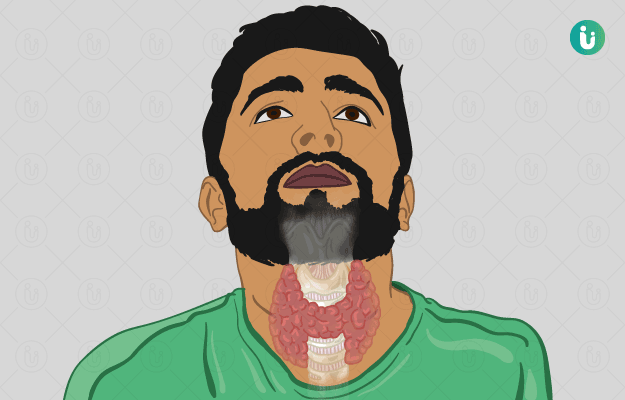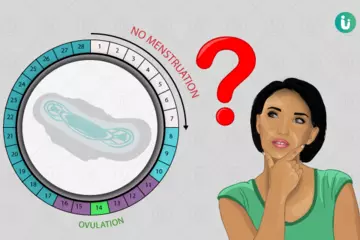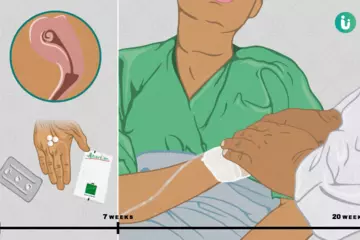Summary
Thyroid disorders are one of the most common endocrine disorders worldwide and in India. According to data from several population-based studies, it has been estimated that approximately 42 million Indians are affected with thyroid diseases of which hypothyroidism is more common than hyperthyroidism. Hypothyroidism is marked by lack of thyroid hormones and is around six to 10 percent more likely in women, the prevalence of which increases with age. Further, it is commonly diagnosed in people over the age of 60 years. The most common cause of thyroid disease is an iodine deficiency, which leads to hypothyroidism and goitre. Hypothyroidism is a very common disorder in adults and can be either primary or secondary based on whether the problem is in the thyroid gland itself or due to diseases of the hypothalamus or pituitary. Treatment involves supplementing the deficiency with the help of oral tablets, which leads to prompt relief from symptoms. The disease is not curable but can be managed with the help of medications.

 Doctors for Hypothyroidism
Doctors for Hypothyroidism  OTC Medicines for Hypothyroidism
OTC Medicines for Hypothyroidism
 Lab tests for Hypothyroidism
Lab tests for Hypothyroidism Hypothyroidism articles
Hypothyroidism articles News for Hypothyroidism
News for Hypothyroidism

 Diet for Hypothyroidism
Diet for Hypothyroidism








 Editorial Team
Editorial Team


 Dt. Akanksha Mishra
Dt. Akanksha Mishra











